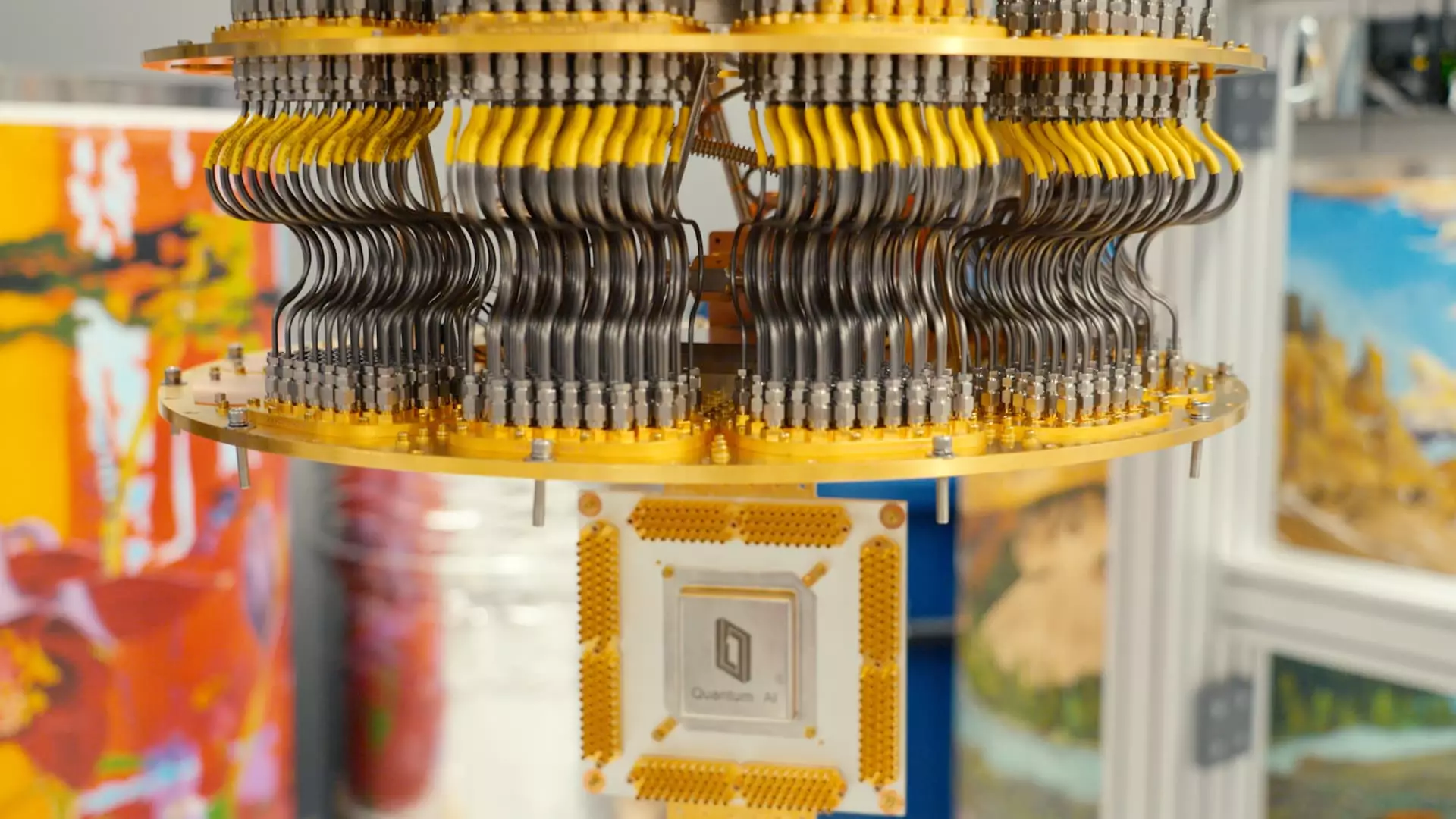In a hidden enclave of Santa Barbara, California, Alphabet is placing its bets on a technological wizardry that could reshape industries: quantum computing. Behind largely secured doors, a team of scientists is pursuing an elite ambition — to develop the world’s most sophisticated quantum computers. Julian Kelly, director of hardware at Google Quantum AI, confidently envisions a future where quantum technology and artificial intelligence (AI) synergistically foster breakthroughs, stating, “In the future, quantum and AI, they could really complement each other back and forth.” This assertion begs the question: Can Google reclaim its innovative edge after being perceived as lagging behind in the AI revolution?
From Latecomer to Vanguard
It’s undeniable that Google, a titan of technology, faced criticism for its late arrival in the generative AI arena. While OpenAI propelled into the limelight with ChatGPT in 2022, Google seemed tentative. That hesitancy has dissipated with their recent showcase of the Willow quantum chip, designed to tackle complex problems at speeds that defy traditional computing. This breakthrough could not only render Google a leader in the quantum sector but might also represent a fundamental shift in the paradigm of data processing as we know it.
John Preskill, a leading voice in quantum research, proclaims Willow a “milestone for the field,” with its ability to dramatically reduce error rates through increased quantum information units, or qubits. Such advancements could redefine entire industries, from pharmaceuticals to finance, creating a ripple effect across the socio-economic landscape.
Convergence of Quantum and AI
One intriguing potential lies in the intersection of quantum computing and AI. With current AI models grappling to harness sufficient training data due to saturation, the development of quantum technology could be a game-changer. As Kelly elucidates, “One of the potential applications for a quantum computer is generating new and novel data.” This capability could rejuvenate AI applications by providing dynamic datasets that could lead to unprecedented breakthroughs in machine learning and predictive modeling.
Unlike traditional data sources, which often struggle with quality and volume, quantum-generated data could enable AI systems to operate with heightened efficiency and accuracy. For instance, Google’s AlphaFold, which recently garnered a Nobel Prize in Chemistry for elucidating protein structures, has already hinted at the power of quantum insights in research. Envisioning quantum computers assisting AI in navigating the complexities of quantum mechanics offers a tantalizing glimpse into an innovative future.
Anticipating a Quantum Breakthrough
Julian Kelly’s belief that Google is just five years from a groundbreaking application of quantum computing is audacious yet exhilarating. If realized, this prediction would not only mark a historic leap for Google but could also solidify its role as a linchpin in fostering an era of quantum-driven transformation. As institutions and industries worldwide look for solutions to the limitations posed by current AI frameworks, Google’s commitment to this quantum journey may well inspire a new renaissance in technology.
The implications are staggering: from enhancing climate models to fostering innovations in personalized medicine, the potential applications of meaningful quantum breakthroughs are boundless. However, with great power comes great responsibility. The pivotal decisions made today will influence a future landscape teeming with ethical dilemmas and unforeseen challenges.
In this race to quantum supremacy, the stakes are not merely technological but deeply philosophical. Can we adequately prepare for a future where data generation, analysis, and artificial intelligence drastically shift societal paradigms? Only time will tell if Alphabet’s secretive endeavors ignite the next era of innovation that truly intertwines quantum computing and artificial intelligence.

